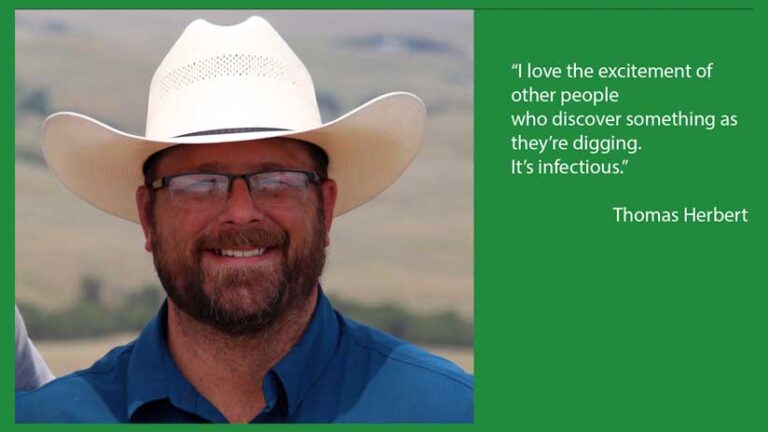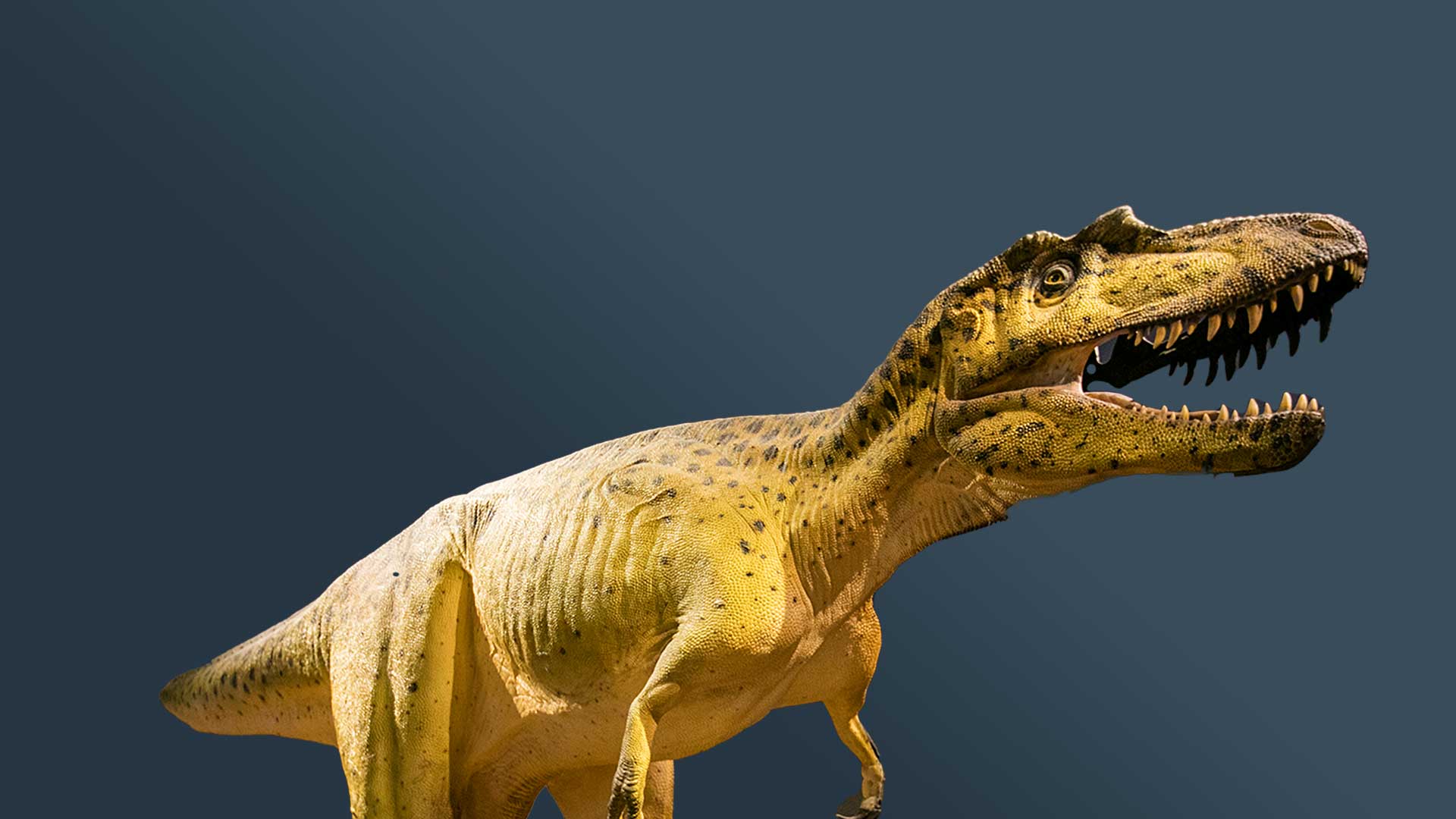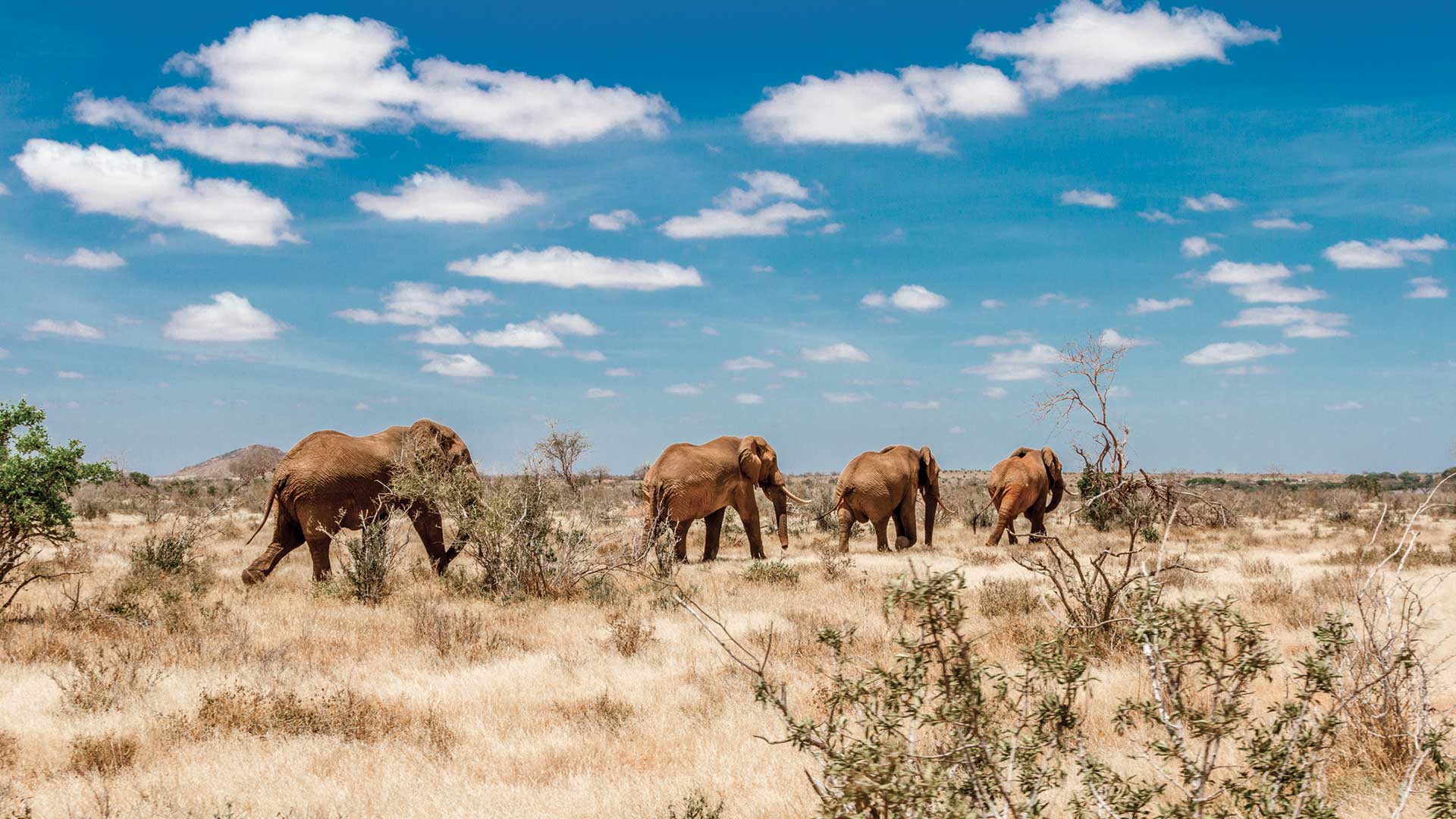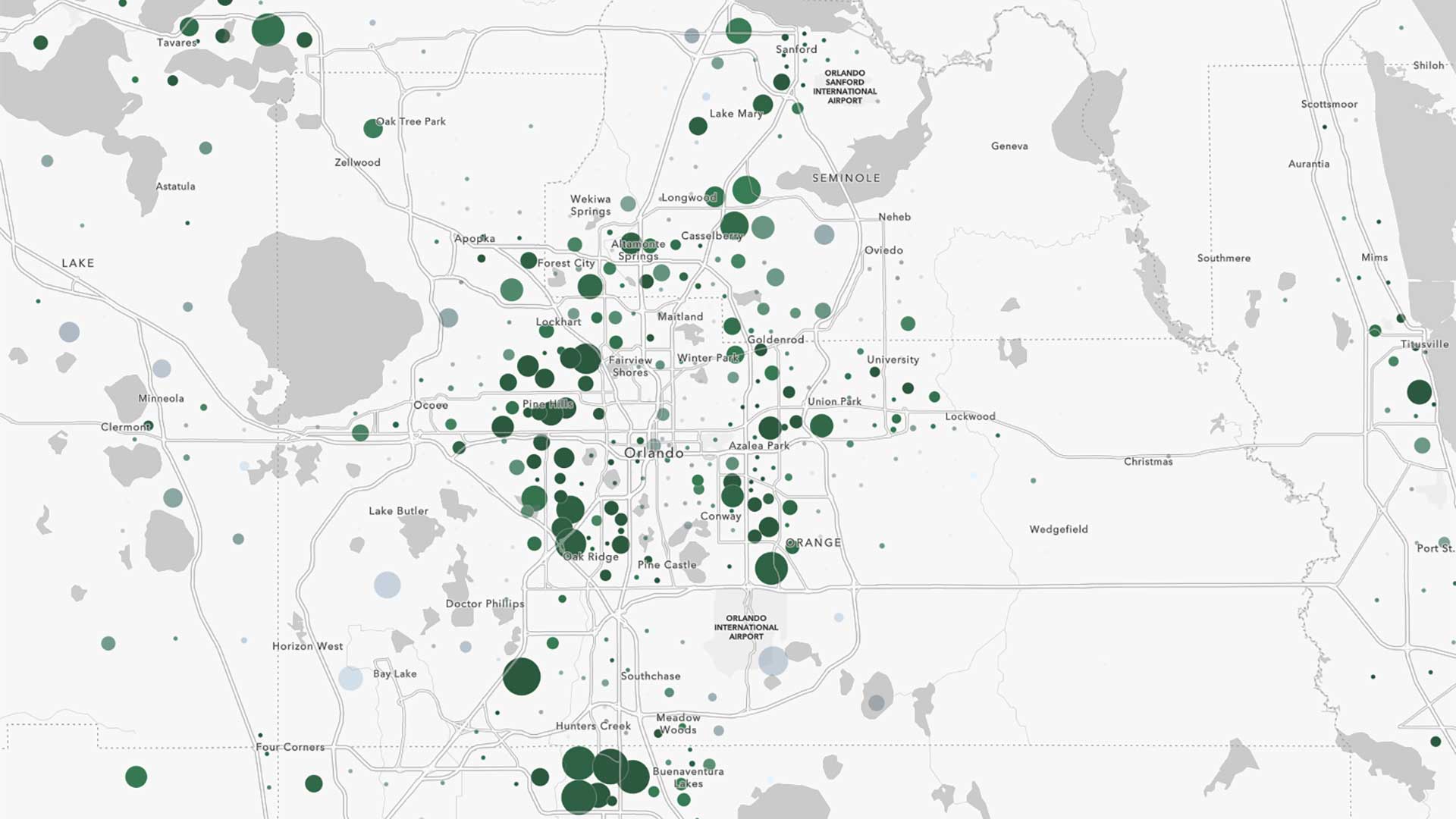When Thomas Hebert decided to go from selling insurance to digging for fossils full-time, he wasn’t interested in starting a for-profit business to organize excavation trips. There were already plenty of those, he said. He started his nonprofit, Earth Sciences Foundation (ESF), in 2021 to broaden access to fossil digs.

“I love the excitement of other people who discover something as they’re digging. It’s infectious,” he said. “My goal is to try and keep it as affordable and accessible as possible.”
The foundation offers free trips—so long as funding is available—to children 16 years old and younger and to veterans. He sees dinosaur fossil excavation as a magnet for getting more people, especially children, interested in earth sciences in general. For adults who aren’t veterans, Hebert said his foundation charges $100 per day to dig, which he said is less than what others typically charge.
The organization currently has five board members. Ladd Nelson, sales director for Esri partner Carlson Software, is the past chair and current treasurer. ESF also has several college interns and as many as 40 volunteers at any given time. They assist with the foundation’s mission, helping build museums to house found fossils and catalog specimens with RFID and GIS technology.
Hebert said ESF can act ina consultant capacity, teaching museum staff how to dig and track specimens with RFID technology, or ESFcan handle the entire process. For cataloging several hundred fossils for the Museum of Discovery at Sheridan College, Hebert was compensated for his travel and materials. He sees his work as innovating with technology to increase knowledge of ancient life on Earth.
He estimates that the foundation has had about 1,500 children and 450 adults join digs since 2021. He sees the impact the program is having.
In addition, he said he’s made presentations to about 10,000 children at schools in the intervening years. His group has also made it a goal to take veterans on site excavations. Since 2021, two digs have included a total of 12 veterans. The foundation covers all costs including travel, lodging, and meals. This amounts to about $2,500 per veteran for the whole week.
Getting funding to cover more trips has been a challenge. Hebert points to many other veteran organizations with greater recognition and longevity than his relatively new program. Much of his funding so far has come from grants. Hebert and his wife contribute to any shortfall.
“We would love to do more,” he said.
Hebert has felt the peace and serenity of a fossil dig site and thinks the act of careful, diligent digging might be therapeutic to task-driven individuals. Hebert said he first got the idea to invite veterans to dig sites when his father, a Vietnam veteran who fought with the 1st Cavalry Division of the US Army, joined him on a family dig. A few hours into the dig, his father had found something—a T-Rex tooth.
“I’ve never seen my father smile like that before,” Hebert said.
For more information about Earth Sciences Foundation Inc., including how to make a tax-deductible donation, visit letsdig.org/donate.




